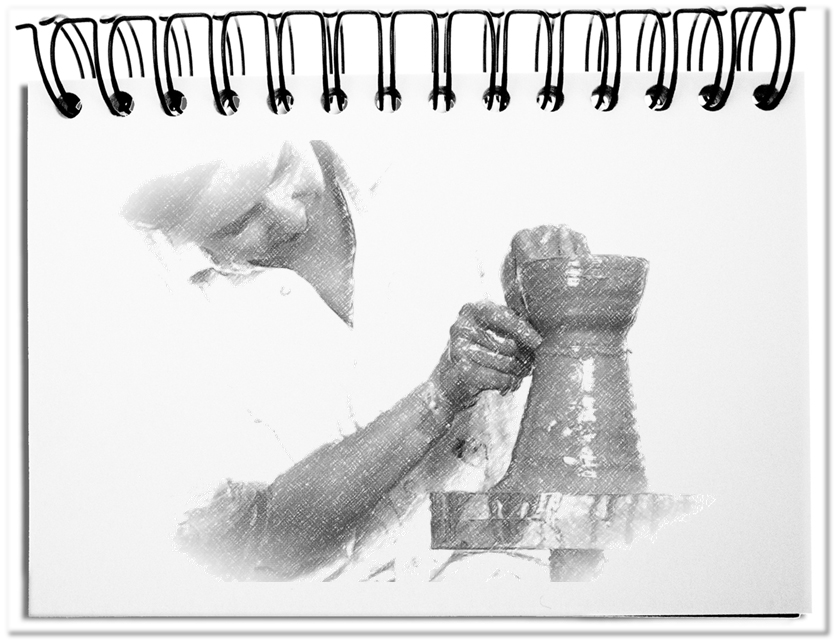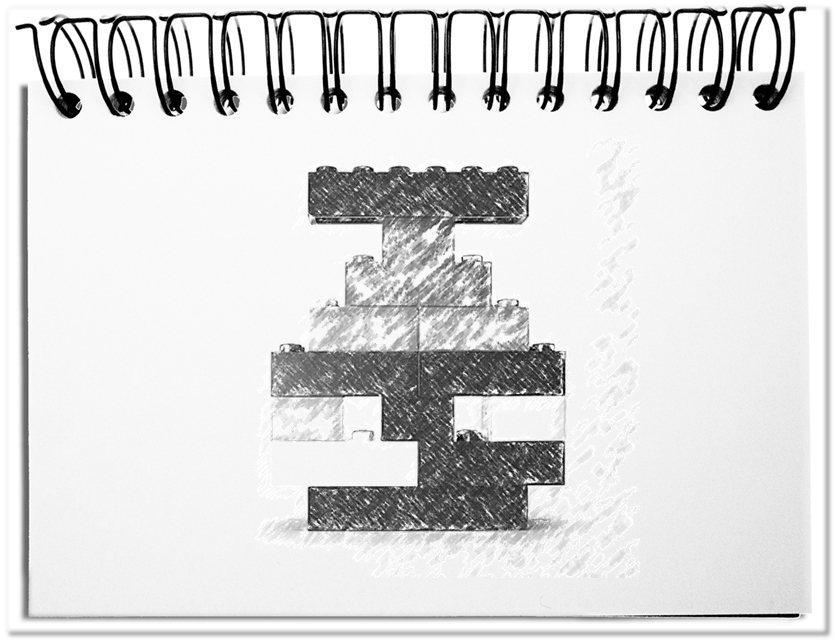Enterprises should actually be able to describe, what they do. Corporate areas and departments, which supply internal customers, often do not even have the idea to describe their business – let alone individuals. It is ever more important to explain oneself comprehensively, because when the business model (BM) is tangible, it is far more easy for customers and partners as well as employees and colleagues to fulfill their contribution. It does not matter whether one is working in a large or small company, a unit or a department, as employee or an executive, employed or self-employed, commercially or honorary. But how does an outline looks like for what I do?
The BM is an outline for explaining your activities. You have the following advantages. It
- clarifies the different aspects of the activities,
- supports the specification of procedures,
- shows double work,
- makes decisions easier,
- identifies synergies and
- helps saving money and time.
It focusses on the following content-wise elements.
- Deliverable concept
The deliverable concept consists of five segments. There is an idea behind each activity. It is the basis of the undertaking and concretizes the solutions and the desired market with its sales opportunities. The better the preferred value discipline is specified (i.e best process, best product or customer intimacy), the better you can align the activities with it. The clear descriptions of the advantages motivate partners and customers to do their best. The description of the proposed results is the most important aspect. These can be products or services. Be aware, in which state of the life cycle your deliverables are. - Earning model
You receive wage, salary or other kinds of remuneration for your core business based on the individual contracts. They are mostly of physical nature, e.g. money or assets. Sometimes it can be additionally non-material advantages, like reputation or personal satisfaction. The look outside the box extracts additional earning sources from the context, e.g. through the network that comes from a honorary activity. - Value creation
The creation of value happens along the value chain. It starts from the moment, when the value-add rises for the first time and ends, when no further value increase occurs. Some parts we produce by ourselves and others are created by others. The smart allocation of tasks to the steps of the value creation offers opportunities for improvement. - Relationships
The exact image of the partners and the customers facilitates the joint work. This contains not only the list of the relations, but also the description of tasks, authorities and responsibilities as well as a verbal characterization. - Resources
Most of the activities need resources, i.e., financial means, qualified capacities, and an intact infrastructure. They should be clearly specified and available at the right time. Restrictions on resources obstruct the performance. Plentiful means extend the possibilities. - Communication and Coordination
As soon as people cooperate, the exchange of the information and the controlling of the involved ones becomes important. Open channels between the target audience and oneself ensure a good flow of information. This provides clarity about the intentions, the current situation and the mental states of the people and organizations concerned. With appropriate mechanisms for coordination you manage the co-operation.
The more people work together, the more important is it to convey the business model.
Bottom line: Today the companies, organizations, teams and individuals need a clear comprehension of their business model. This is also valid, if it is not concerned a business per se, but an activity that is not focused on profits. By describing it with the aspects specified above, you create a meaningful representation of your own field of work.
Same series:


